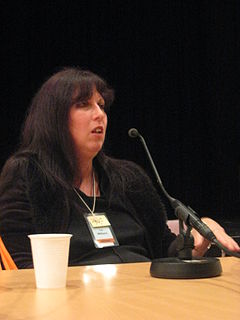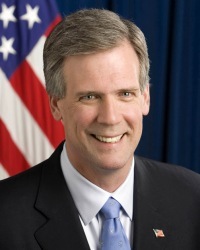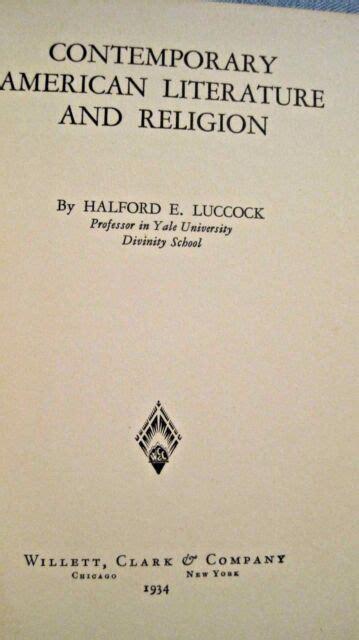A Quote by Dwane Casey
I have a favorite poem. From Rudyard Kipling. It's called 'L'Envoi.'
Related Quotes
Kipling said that Success and Failure are both imposters, and we should all listen to Kipling, if only because none of us are likely to know anybody else named Rudyard. But having been bitten in my life by the jaws of both victory and defeat, I must rush to add that success is to failure as butter pecan ice cream is to death.
Many years ago Rudyard Kipling gave an address at McGill University in Montreal. He said one striking thing which deserves to be remembered. Warning the students against an over-concern for money, or position, or glory, he said: 'Some day you will meet a man who cares for none of these things. Then you will know how poor you are.'
The books transported her into new worlds and introduced her to amazing people who lived exciting lives. She went on olden-day sailing ships with Joseph Conrad. She went to Africa with Ernest Hemingway and to India with Rudyard Kipling. She travelled all over the world while sitting in her little room in an English village.
One may enter the literary parlor via just about any door, be it the prison door, the madhouse door, or the brothel door. There is but one door one may not enter it through, which is the child room door. The critics will never forgive you such. The great Rudyard Kipling is one of a number of people to have suffered from this. I keep wondering to myself what this peculiar contempt towards anything related to childhood is all about.
The subject of the poem usually dictates the rhythm or the rhyme and its form. Sometimes, when you finish the poem and you think the poem is finished, the poem says, "You're not finished with me yet," and you have to go back and revise, and you may have another poem altogether. It has its own life to live.
It has been said that a poem should not mean but be. This is not quite accurate. In a poem, as distinct from many other kinds of verbal societies, meaning and being are identical. A poem might be called a pseudo-person. Like a person, it is unique and addresses the reader personally. On the other hand, like a natural being and unlike a historical person, it cannot lie.






































